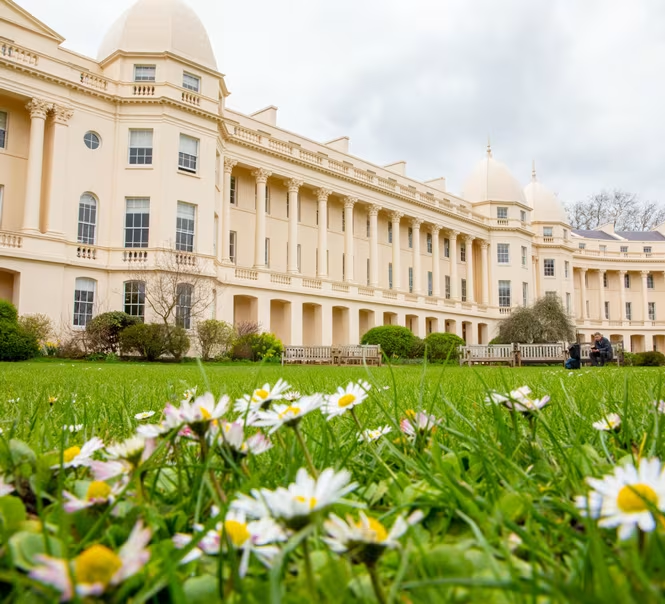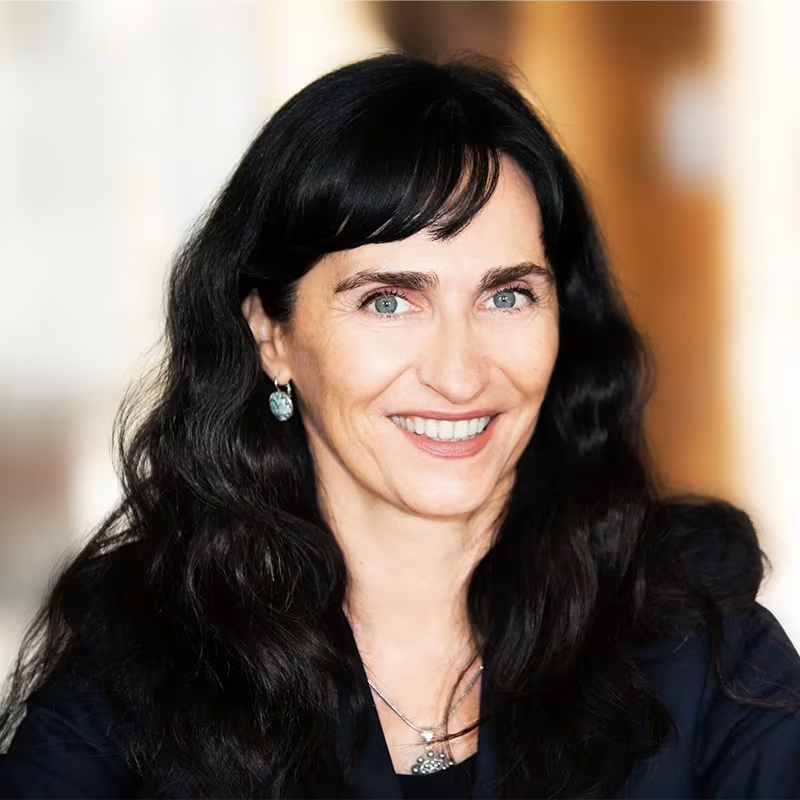""
Research, Teaching and Learning
Research is at the heart of LBS and is the basis of how we teach and inspire individuals and businesses to become agents of positive change.

Please enter a keyword and click the arrow to search the site
Or explore one of the areas below
Our academics are at the forefront of global business research and faculty from all seven of the School’s subject areas are engaged in research related to sustainability.
Their expertise covers environmental, social and economic sustainability, from accounting standards, financial investments and central banking through to corporate and business strategy, individual behaviours and supply chain management.
Faculty contributions to our sustainability research agenda include:

A significant endorsement in our sustainability research impact came through a £10m donation from philanthropists Maureen and Tony Wheeler (founders of Lonely Planet), which enabled the creation of the Wheeler Institute for Business and Development. We create impact by identifying big challenges, applying business insights to help solve these challenges, and forging communities of learning and practice to implement large-scale and enduring change.
The Institute of Entrepreneurship and Private Capital (IEPC) aims to further the School’s reputation as a global hub for venture creation and financing and as an accelerant for enterprise growth. IEPC support the development of the entrepreneurial mindset and ideas that drive impact, create wealth and advance well-being while giving wider exposure to probing and insightful research into the crucially important aspects of today’s private capital markets.

The LBS Incubator allows LBS alumni to develop and enhance their start-ups through access to the the IEPC’s innovative research, a superb body of networks, and skills development and guidance. The Incubator programme will continue to provide £250k worth of support services per team, a series of skills-development talks and workshops, and continuous support throughout the year.
Ventures that have been devised and driven by LBS alumni; Ocean Bottle, Treeapp, Junee, Cargoful and Wype, which are attracting considerable attention and international awards, and are further distinguished by their commitments to sustainability and by their enthusiasm for integrating social missions into their businesses.
Masters Degrees
Our MBA programme content includes elective options covering target areas of special interest including content focused on Sustainability including; Growing Social Enterprises, Managing and Investing in Responsible Businesses and Sustainability Leadership: Challenges and Opportunities, Energy Markets: Transitions to Sustainability, Sustainable Business Model Experiments: Ideation to Prototyping, Using Analytics for Social and Environmental Impact.
The One-year MBA programme covers core and elective courses. Providing students with insights into the challenges facing businesses and business leaders today. One of our core course themes is Rethinking Corporate Purpose, examining the role of business in society and how businesses are repositioning themselves to address the needs of people, planet and profit.
Faculty Contributions in Social Enterprise
Dafna Goor, Ethical consumerism
Jonathan Berman, Ethical consumerism
Tom Gosling, Ethical investing
The latest Insights and Research from London Business School. Find out more about key issues and topics in our latest Sustainability Spotlight
A 50-year commitment to sustainability
London Business School is proud of its long-term focus and commitment to sustainability. Our journey to a more sustainable future started over 50 years ago, when we introduced our first lecture on “The Social Responsibility of Business”. In the 1980s, former Dean Professor Andrew Likierman and our faculty led a drive to include social entrepreneurship in our curriculum to explore how business thinking could help shape public policy and social enterprise. This also saw us launch our first public sector special interest group.

We see social issues as part of a wider sustainability focus and sustainability in our curriculum and learning experiences are growing. Some of the electives we offer in our degree programmes cover financial sustainability, lessons from alumni on sustainable leadership, diversity science for leaders, and managing and investing in responsible businesses.
Our current offer includes over 40 courses which cover many aspects of sustainability.
In 2024, we launched LBS Online, offering a series of flexible online courses. In our Leadership offering, we have a 6-week course focusing on Sustainability Leadership and Corporate Responsibility.